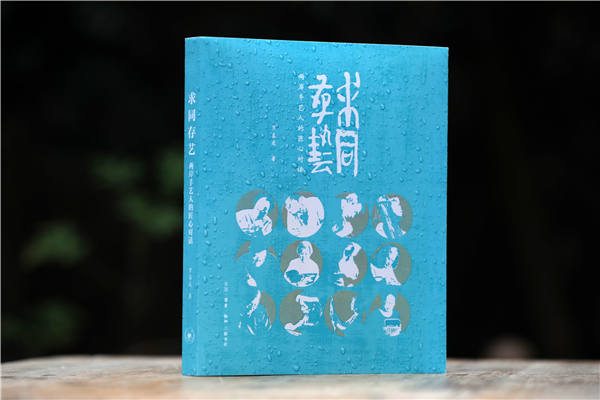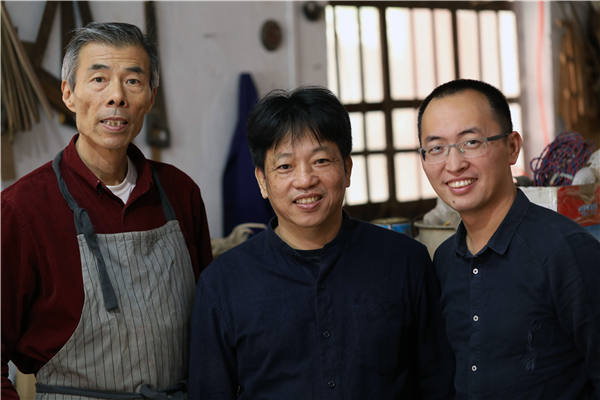

The author used to be an accomplished advertiser. He abandoned his successful career in 2015 to search for something to do with his life that provides a sense of sanctuary.
"From these projects, I've come to realize artisanship's influences on me," he says.
"The biggest impact is that I've become calmer and more composed. I don't have to compete with others. I'm grateful that artisanship has brought me a sense of belonging."
Artisans devote the vast majority of their time to one thing. And this trait is disappearing in today's world.
Consequently, he believes that craftsmanship possesses broad implications for urbanites.
The book introduces each artisan with a statement that captures their essence, such as, "The most profound expression begins by renouncing language", and, "Life is ephemeral, but the moment is lasting."
Many artisans are dexterous at their craft but lack sophistication when it comes to verbal expression, Luo says. He hopes to use his eloquence to enable the public to know about these craftspeople.
"Many artisans are actually quite reserved, because they don't have much contact with society and focus on their own profession, while I'm using my language skills to write about them," he says.
"My writing may resonate with more artisans or readers."
Luo spent half a year researching and interviewing the artisans, including traveling to six provinces on the Chinese mainland and making two trips to Taiwan, which he describes as "arduous yet serendipitous".
One of his fortuitous encounters was with Hao Guanxiong, a young lacquer-ware artist who embodies a link between the Chinese mainland and Taiwan, since he has learned from masters in both places.
Hao started studying lacquer work when he went to Taiwan in 2013 on an exchange program, during which he took an elective course taught by Wang Tan-en, an associate professor with eight years of experience in making lacquer ware and guqin (a seven-stringed zither).
Hao was fascinated and began visiting a studio outside the university to learn from Wang.
